**Content Warning** This piece discusses thoughts and attempts of suicide (resources available at the bottom of this page).
If you are thinking of hurting yourself or committing suicide, please tell someone immediately. In the US, you can call or text 988, or call 1-800-SUICIDE (1-800-784-2433) or 1-800-273-TALK (1-800-273-8255). To find a suicide hotline near you, try http://www.suicide.org/suicide-hotlines.html; this website lists US hotlines by state as well as hotlines by country (click on the "International Hotlines" link at the top of the main page).
HIV is not a crime, or is it?
As of 2022, 35 states have laws that criminalize HIV exposure. Many of these laws are outdated and do not reflect today's scientific evidence. There are four different ways that these laws criminalize HIV. 1) Twenty-one states have laws which criminalizes or controls actions through HIV-specific statutes and regulations. 2) Fourteen states have laws which criminalize or control actions through sexually transmitted infections, communicable, and infectious diseases specific statutes. 3) Four states have sentence enhancements. 4) Thirteen states have no laws, just general criminal statutes. It is very important for an individual who has been diagnosed with HIV to know the laws in the state they live in.
There are 10 states that require individuals who know their status to disclose their status to sex partners. In states which have criminalization laws, a sentence is a maximum of life in prison, other states have a maximum of less than 10 years. Only 10 of the 35 states take into account HIV prevention measures such as condoms, antiretroviral therapy (ART), and pre-exposure prophylaxis (PrEP).
Since 2014, at least 12 states have modernized or repealed their HIV laws. The changes include moving HIV prevention issues from the criminal code to disease control regulations. Some states now require intent to transmit, and others require actual HIV transmission. Other states provide defenses for taking measures to prevent transmission or including viral suppression or being non-infectious, U=U (undetectable viral load equals HIV is untransmittable), condom use, and partner PrEP use.
These laws discourage people from being tested which leads to a greater number of undiagnosed transmissions. At my first HIV IS NOT A CRIME TRAINING ACADEMY 5. (HINAC 5), in Emory, Virginia this year, the first plenary started with a panel of individuals who have been criminalized for having an HIV diagnosis. As I heard their stories my heart was warmed, but my soul felt so alone.
In 2001, I was taken off of a doctor-ordered drug holiday and began taking a new cocktail of ARTs. I became very ill both physically and mentally. I lost 23% of my body weight. I began to experience severe confusion, anxiety, and serious psychiatric symptoms. I begged to be taken off of one medication specifically, but the doctors were pushed up against a wall. To take me off this cocktail would mean another drug holiday and likely death due to complications of HIV. To keep me on this cocktail meant severe and continuous weight loss and psychiatric symptoms which could and almost did lead to death through suicide and wasting syndrome. Either way, my doctors and family did not expect me to live. I was placed in hospice. This took place between November 2001 to January 2003.
In November 2002 I was driving near my home with my two children in the back seat. I was involved in a fender bender. I was confused and disoriented and didn't know what to do, so I continued to drive on. A few miles down the road I realized that I needed to return to the accident. When I arrived I informed the officer on-site that I was the other driver and unconsciously blurted out that "I am HIV positive." Still in a state of disorientation and confusion, I went back to my vehicle only to be ambushed by that officer and when I struggled fervently to be relaxed, two other officers came to aid him. That was one male officer and two females vs. myself. I was less than 100 pounds and 5 '7". I have no idea where that strength came from, but after being placed in handcuffs the male officer accused me of biting him. To this day all I remember was eating dirt. Once placed into the police car, I requested to be taken to a psychiatric hospital. Then I used my feet to kick out the rear window and proceeded to use the glass to cut my wrist. This was all in the presence of my children, but I was not in a sound mind.
An ambulance was called in and a roll of gauze was placed over my cut. I lived in Stone Mountain, GA. This occurred at the entrance of my neighborhood. I was taken to the Stone Mountain jail where I took the gauze and tried to strangle myself. I was later taken to Dekalb County Jail where I remained for 10 days. The first five days I was on suicide watch with a cement platform for a bed with a paper sheet and paper gown. The final five days I requested to be put in solitude because I was afraid to be placed in the general population.
My husband, a soldier in the Army National Guard, was deployed and got an emergency pass to come home. I was released and went to an intensive psychiatric day treatment program. In January 2003, new drugs were released and my doctors changed my cocktail. Within two weeks the cloud that distorted my thinking with confusion, anxiety, paranoia, and delusions lifted. My mind was clear once again.
I was charged with leaving the site of an accident, resisting arrest, destruction of government property and attempted homicide to a police officer. The irony is that my husband reported to me later that the officer who accused me of biting him apologized because it never happened.
In 2002, Georgia laws for HIV criminalization were unknown to me because I was unaware of these laws, but I believe that they were HIV-specific and related to intent to harm another person. If my charge had remained attempted homicide of a police officer, my sentence, if I was found guilty, would have been 10 - 20 years.
Fortunately God and possibly unknown advocates intervened on my behalf. My charges were reduced to probation, and when the probation was over, my record was to be expunged as a first time offender. Since my husband was then deployed to another base which permitted family to accompany him, out of the state of Georgia, I simply had to call in each month to report to my probation officer. When the probation period was over and I was able to get back to Georgia, I met with the office of probations and requested that my record be expunged. Instead it took 16 years for my record to be expunged.
When I first learned that it had not been expunged, I was on disability and did not intend to work, so I did nothing. Later, when I did work, the background check done on me was only for the state I resided in and it did not come up. I did nothing about it. It finally caught up with me when I moved to a state that did an extensive background check and it came up almost every time I applied for a job. It was destroying my opportunity to work. Now I was alone without family, friends, or the support of the community. I made many calls and wrote many letters. Finally, in 2018 a letter arrived stating that my record was expunged and no one could hold this experience over me legally. The damage had already been done in that state. I soon relocated to another state.
My heart was warmed and full of emotion when I heard the panel speak at HINAC 5, but I also felt very alone because I longed for that support that the panel members now have. I wanted to meet each of them personally and know that I am not alone.
The fight to decriminalize HIV is still going on. People are in prisons, jails, and on sex offender registries. Lives are being torn apart, and although we may get past this trauma, the internal scars will always hold our stories.
Yes, there are laws in many states that criminalize HIV. Therefore, I challenge you to know the laws in your state. These laws can affect all of us, no matter our status, because HIV affects everyone.
If you or someone you know would like resources or support in relation to the themes above, please see:


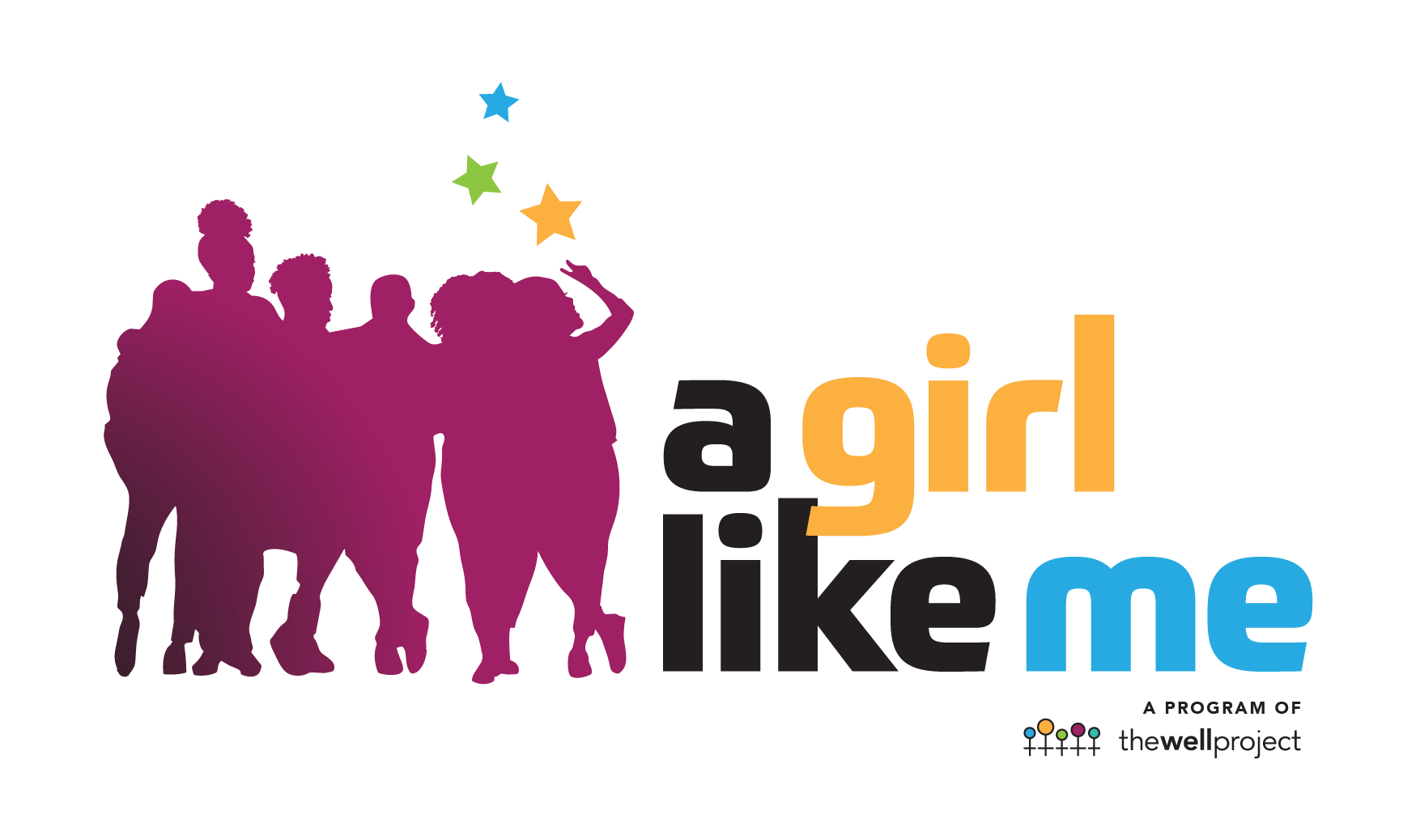
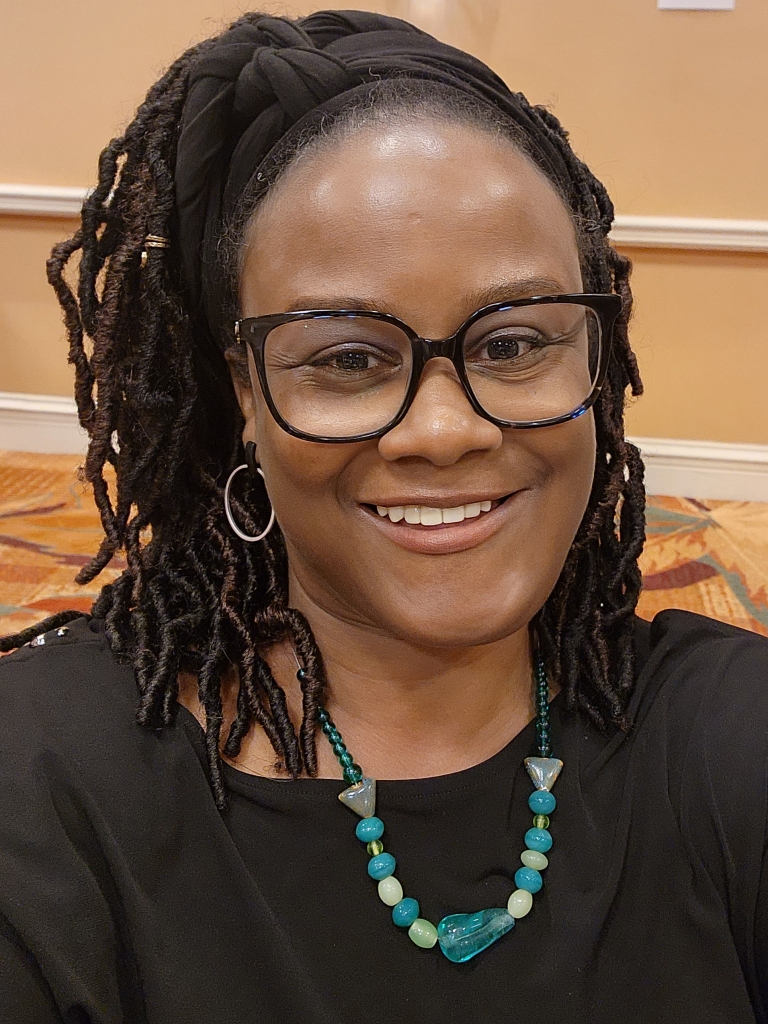
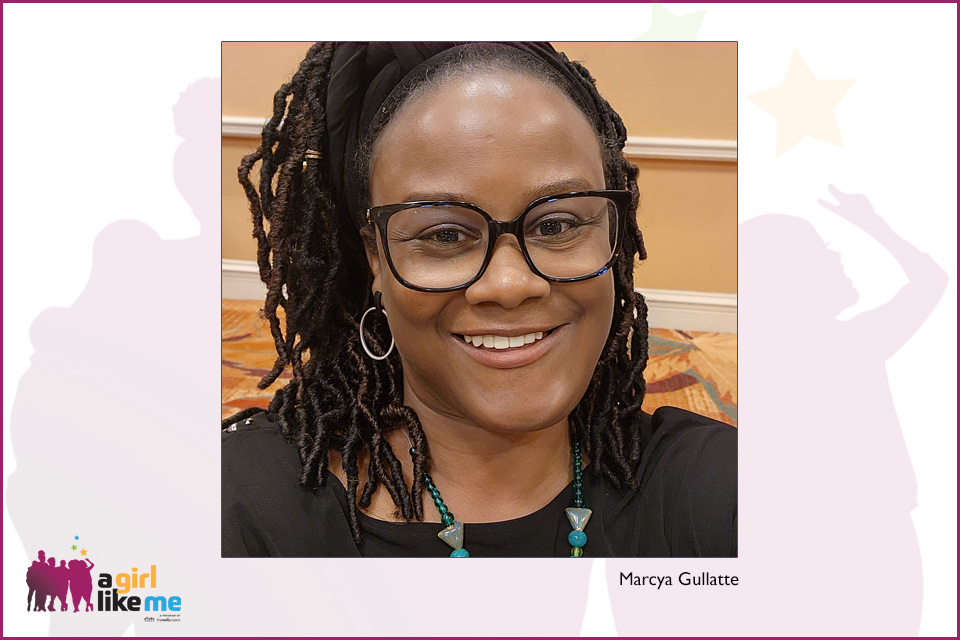

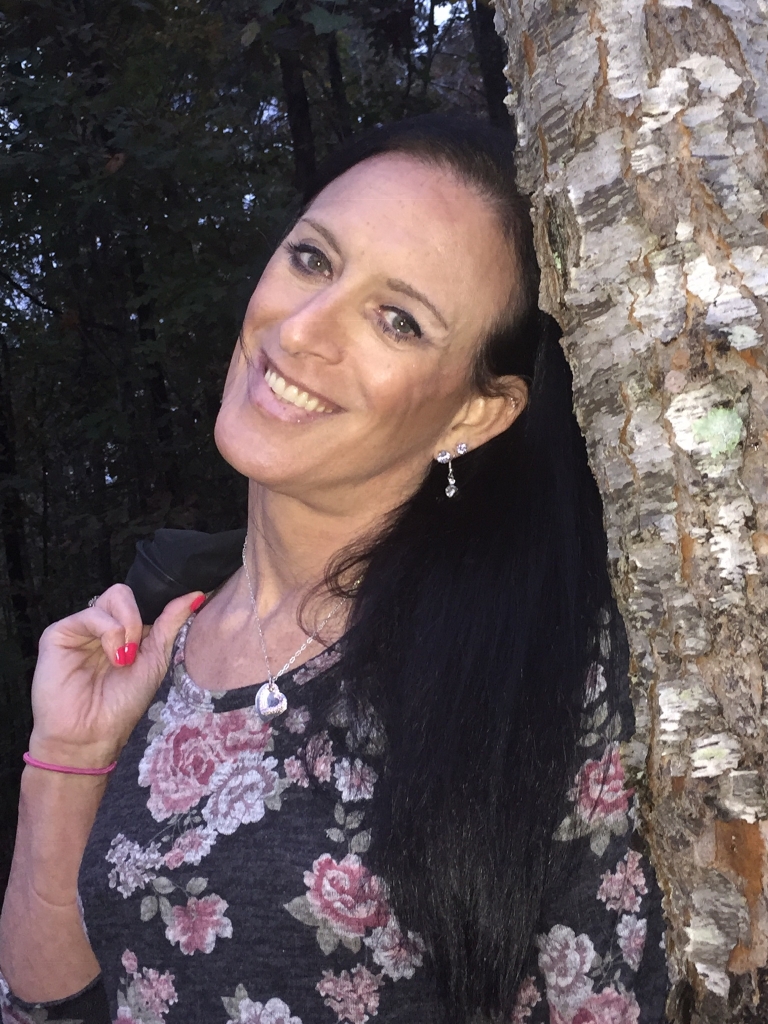





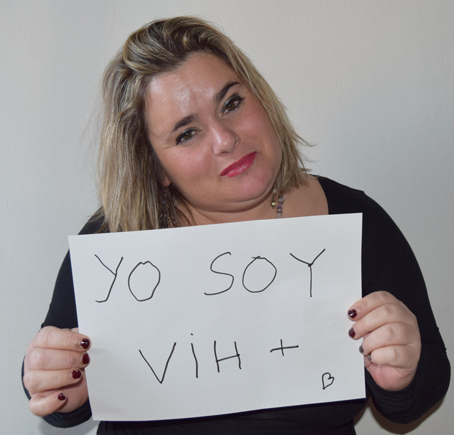


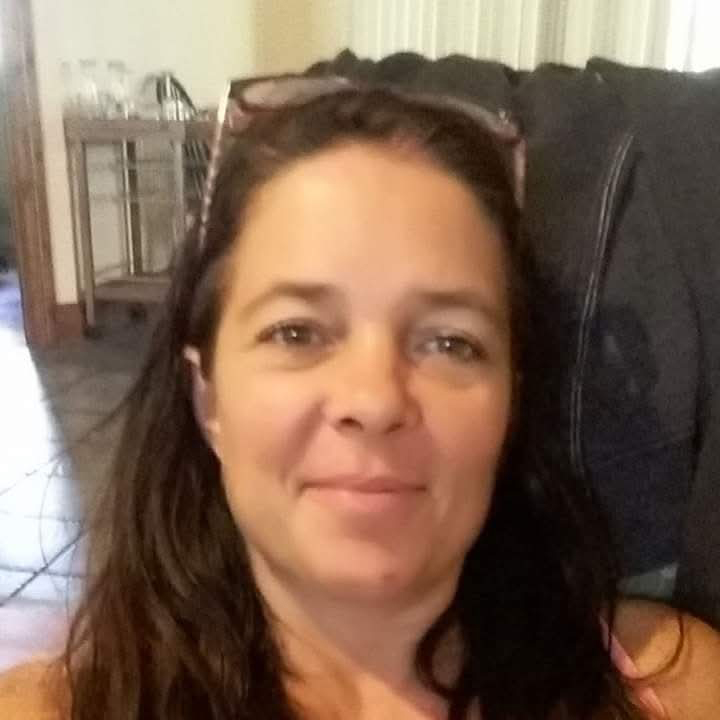



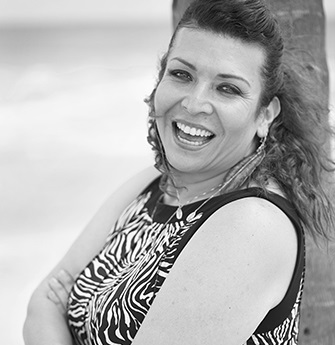





Lonely, Not Alone
Thank you so much for your support.
absolutely! That is what we
absolutely! That is what we are here for, and I'm so sorry for my delayed response... the only excuse i have is life .... I hope youre doing well! Any fun weekend plans ?